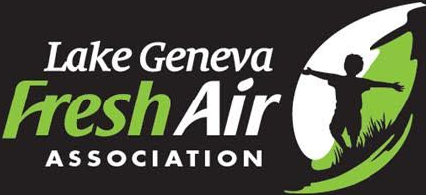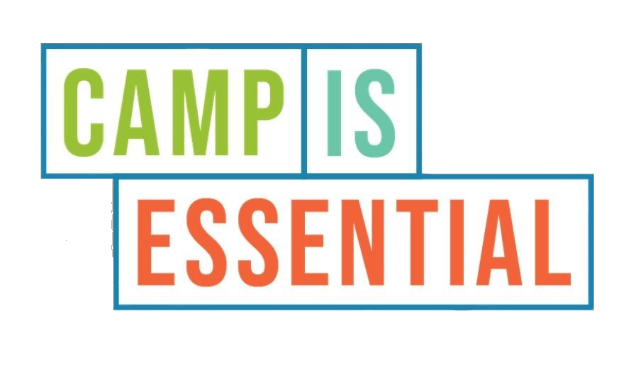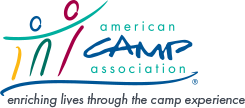
Team Development & Leadership Programs
An OWLS team development and leadership program can assist your group with: positive communication skills, motivation, group bonding, creative thinking, cooperation, trust building, goal setting, having fun, confidence building, problem solving, leadership development, conflict resolution, effective decision making and more!
OWLS teambuilding and leadership programs consist of a curriculum that engages participants in a progression of activities that develop key skills such as problem solving, leadership and communication. This process encourages the posing of questions, active investigation of solutions, experimentation, the assumption of responsibility, creativity and the construction of deep and transferable lessons that extend from the OWLS experience to life “back home.” Group and Individual outcomes will vary depending on where each person is in their life.
While individual programs vary greatly (programs are constructed to meet the specific goals of each individual group); a basic progression is common for most every program delivered. This progression involves a series of skill building activities that build upon each other as groups move towards fulfilling their goals.
Progression areas include:
Introduction – We start with a program introduction, icebreakers and name games to get the group introduced to their leader, to the purpose of their program and to one another. Introductory activities involve participants in cooperative games (icebreakers, ambulators and energizers), that serve to introduce group members to each other and/or to the OWLS instructor. In addition, they energize the group and begin the processes of breaking down barriers while exploring and creating group norms and orienting group members to the purpose behind their OWLS experience.
Ground Initiatives – We move on to relatively simple achievement games/activities which are presented in order to get the group started towards working together and experiencing success. Problem solving initiative activities present the group with mental and physical challenges for goal setting and group processing. Through these activities groups begin to explore their abilities, characteristics and challenges. Team members experience successes and failures that serve as building blocks for increasingly more difficult challenges.
Low Ropes – Next, trust activities and/or more complicated Low Ropes challenges are used to test the group, encouraging everyone to put their new found skills to the test. Low Ropes initiatives provide the group with another set of challenges that combine a higher degree of physical output. They encourage the group to develop interpersonal relationships as they work together to overcome the scenarios that are presented.
High Elements – This may then lead to or be complimented by a larger experience such as the Climbing Tower, High Ropes Course, Dangle Duo, Crate Stacking, or Power Poles. High Ropes Course/Rock Climbing Tower elements are commonly included in our programs as a way to provide individuals and groups with a highly memorable experience that focuses group members on overcoming physical challenges that involve climbing and/or negotiating a series of obstacles. Placing the obstacles off of the ground enhances the impact of this experience by encouraging individuals to overcome natural fears and group members to assist one another through this process.
Processing and the Transference of Learning - While engaged in these activities groups are also guided through structured reflection exercises that assist in the processing of the challenges that the group has faced; where and when the group has had success and where they have struggled. These discussions serve to keep the group focused on the larger purpose of their experience at OWLS and provide an opportunity for individuals and the group to measure their growth, and to initiate the process of relating their OWLS experience to their “real” life.
Why is it necessary? – Utilizing a progression of activities allows groups and individuals to follow a natural learning path of skill building and implementation. This process introduces concepts and skills, and provides adequate time for those skills to be developed and tested through a series of increasingly challenging situations. Taking the time and placing an emphasis on processing the experience is the difference between providing a simple recreation experience and a transformative experience.


